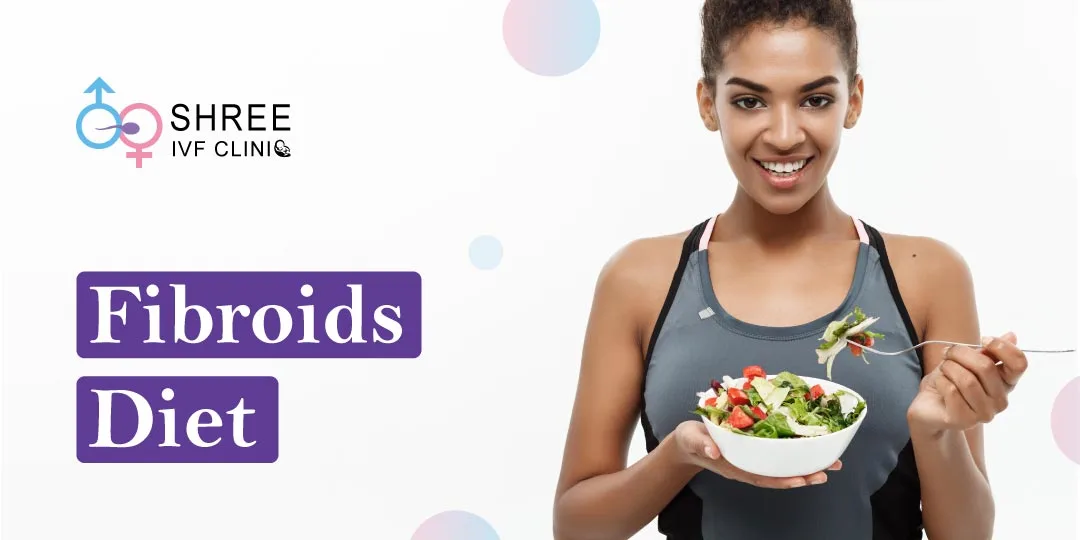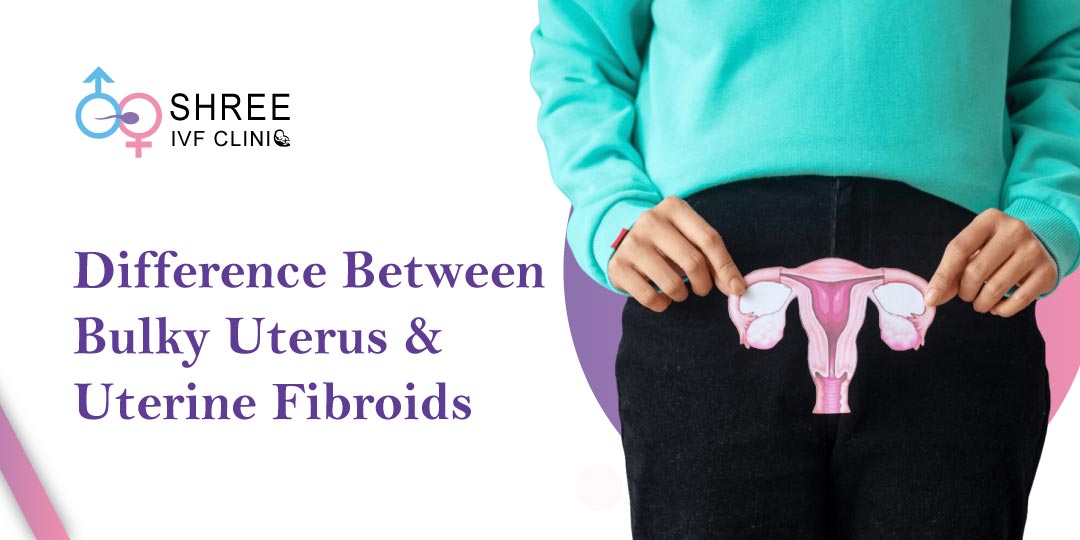Fibroids Diet : Best Foods For Uterine Fibroids
UPDATED ON 21 FEB. 2023
Are you one of the 30-50% of women who suffer from uterine fibroids?
If so, then you may have already looked into natural treatments to help reduce your symptoms.

AUTHOR
Dr Jay Mehta
Scientific Director & IVF Specialist with 10+ years of experience
TREATMENT
CONDITION
GET IN TOUCH ON
Today, we’ll explore which foods are best for managing and reducing the symptoms caused by uterine fibroids.
We’ll discuss the beneficial nutrients these foods provide, as well as helpful tips on how to incorporate them into your diet.
Understanding uterine fibroid and its causes
Uterine fibroids are non-cancerous growths that develop from the smooth muscle cells of the uterus.
They may range in size from as small as a seed to as large as a grapefruit, and occur most commonly in women in their 30s and 40s.
The exact cause of uterine fibroids is unknown, but researchers believe hormone imbalances, genetics, and environmental factors can all play a role in their development.
Fibroids can cause symptoms such as pelvic pain, heavy menstrual bleeding, increased urination frequency, constipation, and painful intercourse.
Treatment options vary depending on the size and location of the fibroid(s) but may include medication or surgery.
Also Read : Uterine Fibroid Size: How Big Is Too Big?
Managing Fibroids with Diet
It is important to note that food choices can play a role in managing fibroid symptoms.
Eating an anti-inflammatory diet full of nutrient-rich, whole foods is essential for reducing inflammation and improving overall health.
Certain nutrients are especially beneficial for those with uterine fibroids as they help reduce the growth of these benign tumours and lower levels of circulating hormones responsible for causing these growths.
Foods high in these nutrients include :
- Dark leafy greens –
Greens such as spinach, kale, and Swiss chard are excellent sources of vitamins A, C, K, and folate which support hormone balance.
They also contain potent antioxidants that help reduce inflammation associated with fibroids.
- Fruits –
Fruits offer a variety of beneficial vitamins and minerals that are essential for fighting inflammation.
Berries, oranges, and apples are particularly rich in antioxidants while cherries, papayas, and strawberries provide anti-inflammatory compounds.
- Healthy fats –
Healthy fats such as olive oil, avocados, nuts, and seeds have been shown to reduce the growth of fibroids by improving hormone balance.
They are also a great source of omega-3 fatty acids which help reduce inflammation associated with fibroids.
- Legumes –
Legumes like beans, lentils, peas, and chickpeas are excellent sources of protein and fibre which can help maintain healthy hormone levels.
Additionally they contain phytoestrogens, compounds that can help reduce the impact of excess estrogen in the body which may be a contributing factor for uterine fibroids.
- Whole grains –
Whole grains provide important nutrients such as B vitamins, magnesium and zinc. Eating whole grains can also help regulate hormones and reduce inflammation associated with fibroids.
Also Read : Can fibroids cause urine leakage?

5,140+
Google Reviews
397K+
subscribers
” Every individual and couple’s journey is unique, and
finding the right solutions tailored to their specific
circumstances can make all the difference “
Tips for Incorporating Fibroid-Friendly Foods into Your Diet
Start your day with a nutrient-rich breakfast
A breakfast consisting of steel-cut oats topped with berries and nuts is a great way to get your day started off on the right foot.
Pack snacks throughout the day
Having healthy snacks like homemade trail mix or hummus and vegetable sticks on hand will help keep you from reaching for unhealthy options.
Load up on salads:
Salads can be an easy and nutritious way to get your fill of dark leafy greens, fruits, nuts, and legumes.
Make simple swaps
Making small changes like swapping white rice for brown rice or using olive oil instead of butter when cooking can make a big difference in your overall health.
Enjoy healthy desserts
Satisfy your sweet tooth with a piece of fresh fruit or a smoothie made with berries and almond milk!
Have at least one fibroid-friendly meal per day
This will help ensure you are getting enough of the beneficial nutrients that can help reduce inflammation associated with fibroids.
By making these simple changes to your diet, you can help reduce the symptoms of uterine fibroids and improve your overall health.
It is important to speak with your healthcare provider about any other lifestyle modifications that may benefit you.
With proper dietary and lifestyle modifications, you can better manage your fibroid symptoms and achieve a healthier lifestyle.
Learning how to make the right food choices for managing fibroid symptoms is an essential part of achieving better health.
Taking the time to do research on what foods are beneficial for fibroids and integrating those into your everyday meals will make all the difference!
AUTHOR
Dr Jay Mehta
Scientific Director & IVF Specialist with 10+ years of experience
TREATMENT
CONDITION
CALL US 24/7 FOR ANY HELP
GET IN TOUCH ON
Share Article on
Recommended Reading
Bulky Uterus & Uterine Fibroids : Understanding Diagnosis, Treatments, Risks & more
In this blog, we’ll detail some of the typical signs and causes associated with both types of fertility issues.
Can Fibroids Cause Urine Leakage?
Urinary incontinence is more prevalent in women than men and can be caused by numerous health conditions such as childbirth or pelvic surgery
Uterine Fibroids and Pregnancy | Dr. Jay Mehta
Are you planning to become pregnant and want to know more about uterine fibroids and pregnancy? Uterine fibroids are non-cancerous




